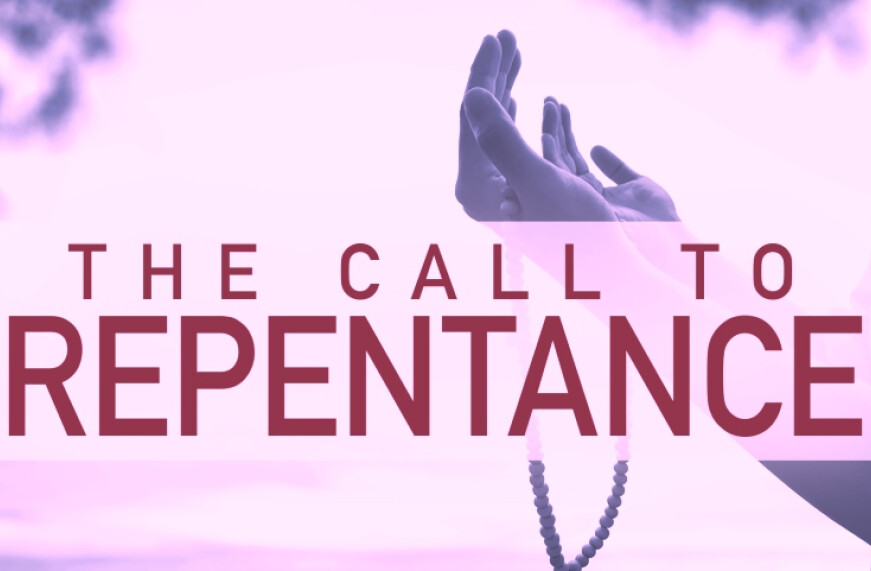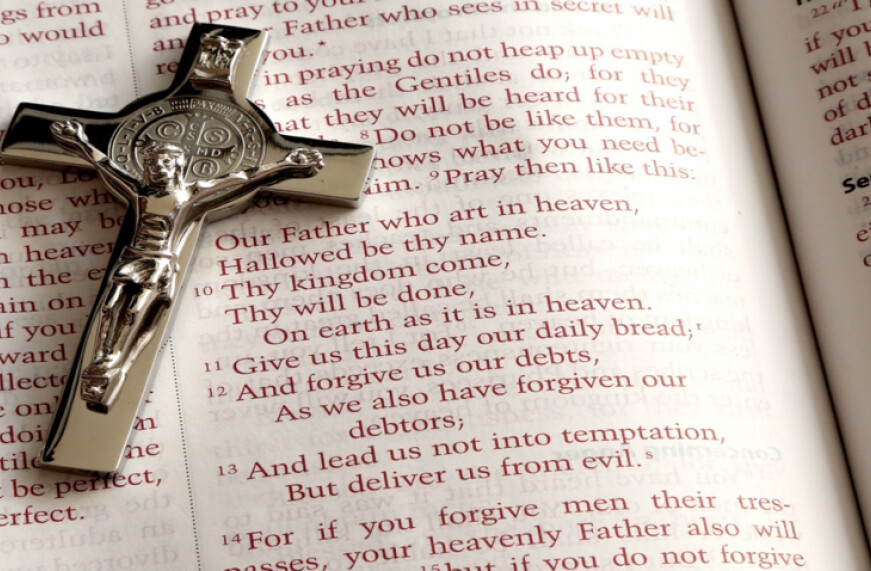Priceless

Remember those Mastercard commercials? “Airline tickets, $600… designer luggage, $175… spending a tropical vacation with the family, priceless! There are some things in life that money can’t buy…. for everything else there is Mastercard.”
Today’s Gospel calls us to consider what is truly valuable, as we hear familiar parables about hidden treasure, a pearl of great price, and the priceless nature of the kingdom of God.
Jesus invites us to transform our thinking. He doesn’t want us to imagine God’s kingdom in ways that make us passive subjects. It’s dynamic. The coming of God’s kingdom is personal. It speaks of God’s passionate desire for us.
God sees us, even in our sin, as treasures, pearls of great price, and doesn’t hesitate to sacrifice His only Son so that we might be redeemed and become His own … It’s all about the gift!
And what of our response in recognizing that gift; that pearl of great price that each of us are in God’s eyes? We are commissioned to go and do likewise, by giving ourselves away for others… become that gift to one another. St Paul called it: “being conformed to the image of the Son.” Our St. Dominic mission statement doesn’t say it any better: “...become Christ, each one for the sake of all.”


